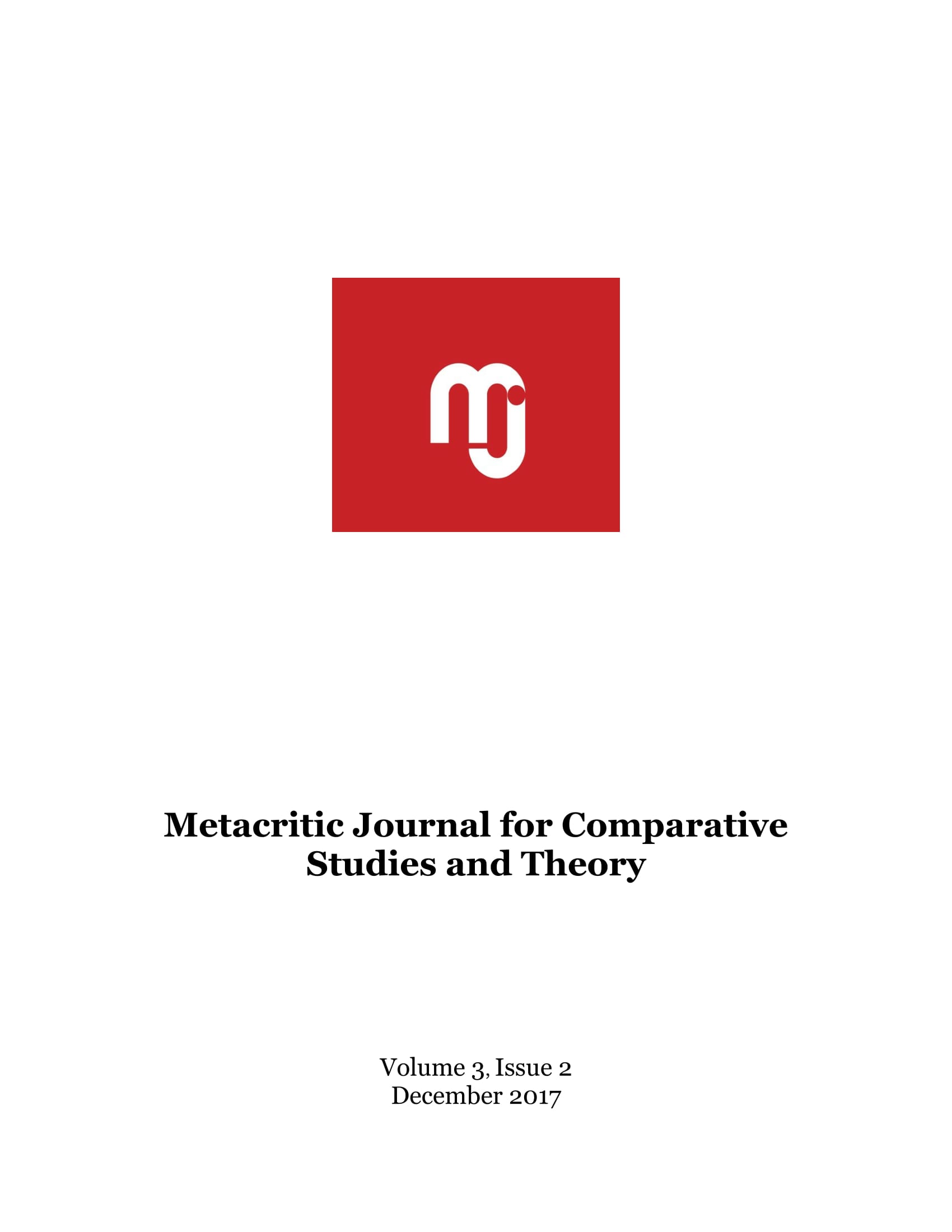“They Are All Too Foreign and Unfamiliar…”: Nabokov’s Journey to the American Reader
“They Are All Too Foreign and Unfamiliar…”: Nabokov’s Journey to the American Reader
Author(s): Olga VoroninaSubject(s): Comparative Study of Literature, Translation Studies
Published by: Universitatea Babeş-Bolyai
Keywords: Nabokov;Lolita;translation;fiction;self-translation;Camera Obscura;
Summary/Abstract: Both in Speak, Memory and in Strong Opinions, Nabokov insists on his early proficiency in English, French. This authorial stance makes it easy to believe that the writer’s transition to English was easy. And yet, Nabokov’s correspondence with publishers and his literary agent, Altagracia de Jannelli, reveals that this conversion was torturous and required extensive support from native speaker editors and translators. The essay documents Nabokov’s inner turmoil at the time when he began to explore the British and American markets. In spite of the publication of Camera Obscura in England (1936) and, as Laughter in the Dark, in the US (1938), his other works’ journeys to the Anglophone reader required time and effort. A close reading of the famous afterword to Lolita, a comparative analysis of Winifred Roy’s translation of Camera Obscura and Nabokov’s self-translation of Laughter in the Dark, and the perusal of the author’s correspondence illustrate the difficulties he had to overcome in order to convey stylistic intricacy of his fiction to this new audience.
Journal: Metacritic Journal for Comparative Studies and Theory
- Issue Year: 3/2017
- Issue No: 2
- Page Range: 25-51
- Page Count: 27
- Language: English

